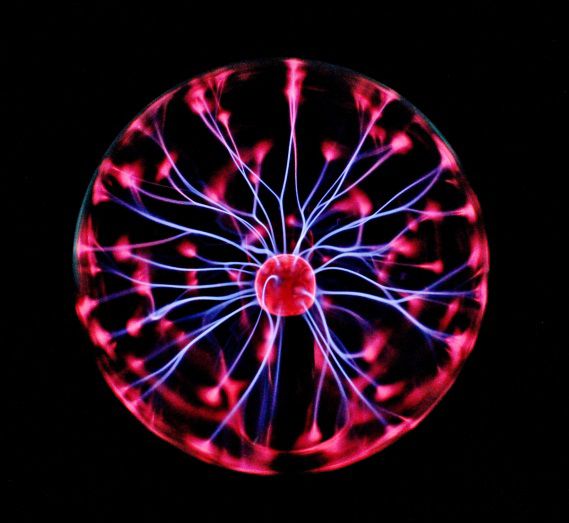Brain stimulation and its applications to memory: best practice
- Location
- Edgbaston Room Lucas House
- Dates
- Monday 27 August (13:00) - Tuesday 28 August 2018 (16:30)
- Contact
If you are interested in a place at this workshop please email Lauren Rawlins

WORKSHOP LEADER – Prof Kim Shapiro and Dr Sara Assecondi, School of Psychology
Transcranial stimulation (tCS) is a non-invasive, safe and easily administered technique that is believed to modify cortical excitability, in turn enabling brain plasticity. tCS is a highly promising technique but contradictory results reported in the literature reveal the need for scientists working across a number of relevant domains to address the replicability issues by agreeing common protocols, applications, and ethical standards.
Transcranial electrical stimulation is used in the treatment of neurological conditions, such as chronic pain, Alzheimer’s disease, Parkinson’s disease, epilepsy, and depression. It is also used as a means of cognitive enhancement, to counteract cognitive decline (e.g., in learning and memory) in both healthy and non-healthy ageing populations, and to support learning and cognition in normally and abnormally developing individuals (e.g., children with learning delays, attention deficit hyperactivity disorder or ADHD).
Brain stimulators are safe, internet enabled for both stimulation and transfer of data, inexpensive and easy to use; as such, they have great potential as home healthcare therapies, with the potential of relieving the healthcare system from the huge economic cost of clinic- and hospital- based therapies.
However, despite the vast literature on brain stimulation, the field is still in its infancy and there is still little consensus on the mechanisms underlying brain stimulation and the best protocols for maximum outcome.
With this workshop we aim at bringing together UK and international experts in the field to interact with UoB research scientists and local NHS medical practitioners to overcome the difficulties currently experienced in this rapidly developing field.
Speakers
- Dr Ivan Alekseichuk, University of Minnesota (USA)
- Prof Andrea Antal, Göttingen University Medical School, DE
- Prof Roi Cohen Kadosh, University of Oxford, UK
- Dr Lorenza Colzato, Universiteit Leiden, The Netherlands
- Prof Christoph Herrmann, Oldenburg University
- Dr Susan Jaeggi, University of California, Irvine, US
- Prof Michael Nitsche, Leibniz Research Center for Working Environment and Human Factors, Dortmund, DE
- Prof Paul Sauseng, Ludwig-Maximilian-University Munich
- Mr Leon Reteig, University of Amsterdam, NL
- Prof Gregor Thut, University of Glasgow, UK
- Dr Ines Violante, University of Surrey, UK
Programme to be announced soon.